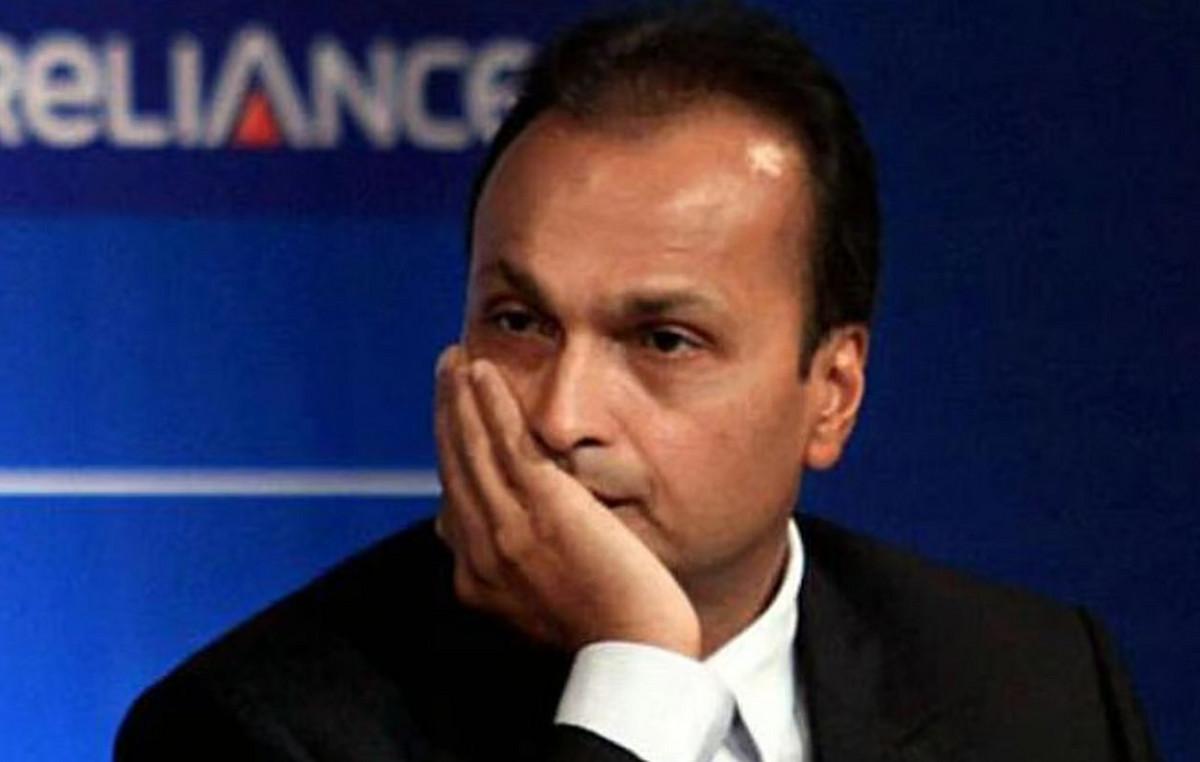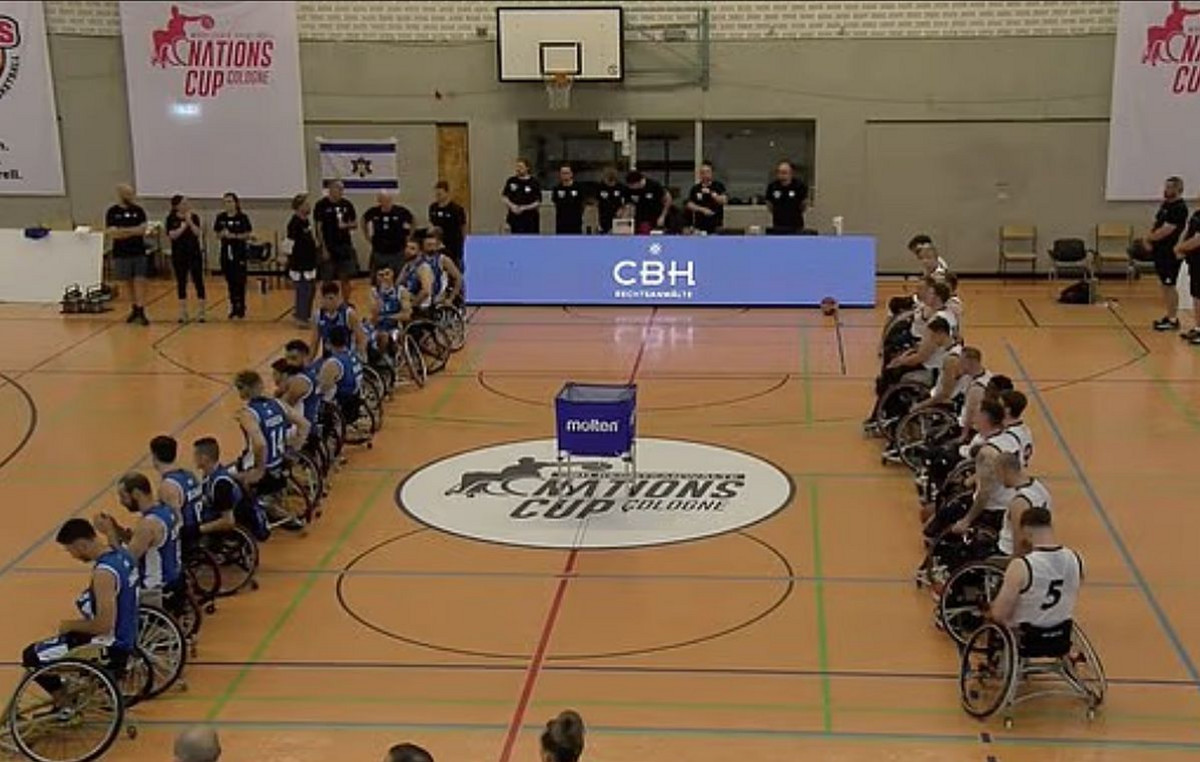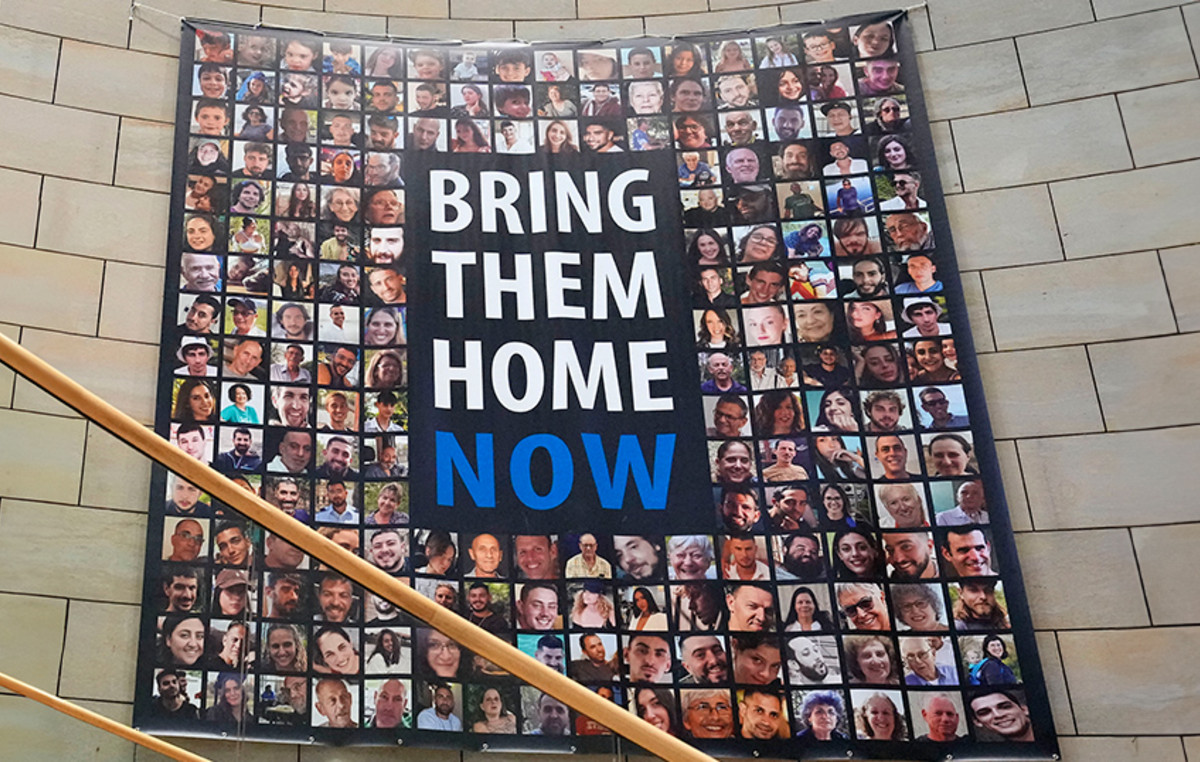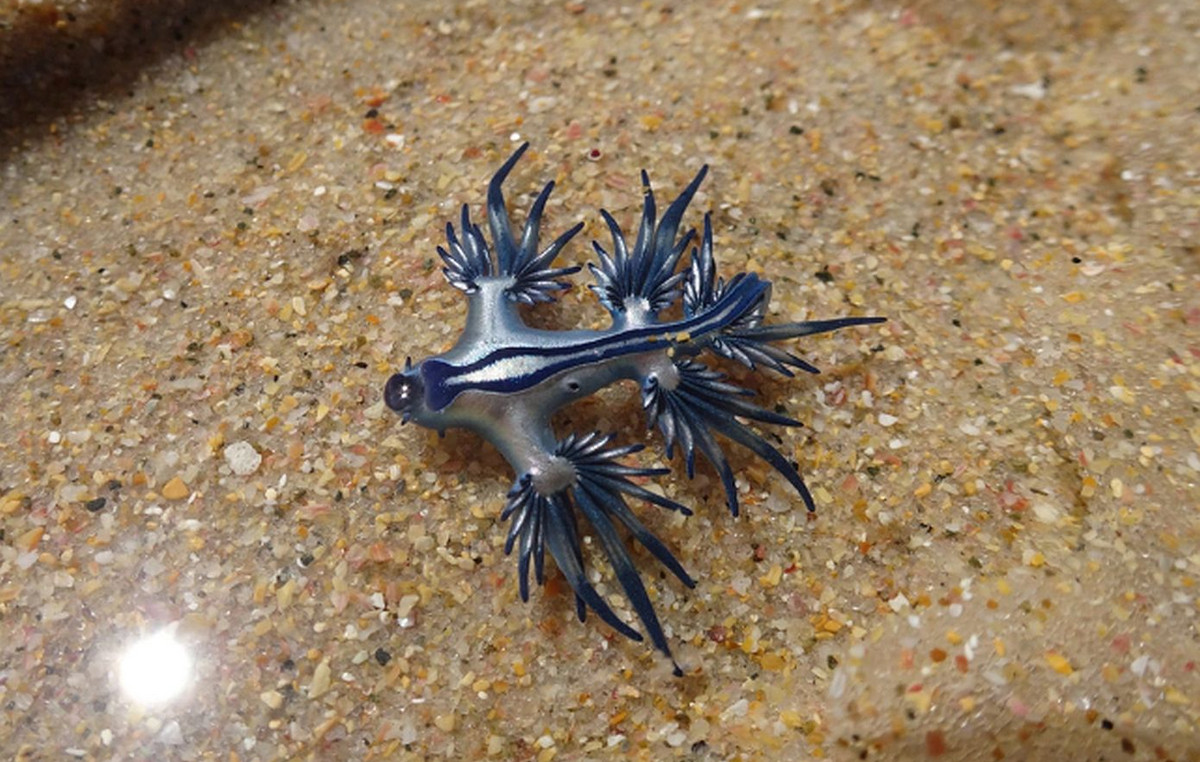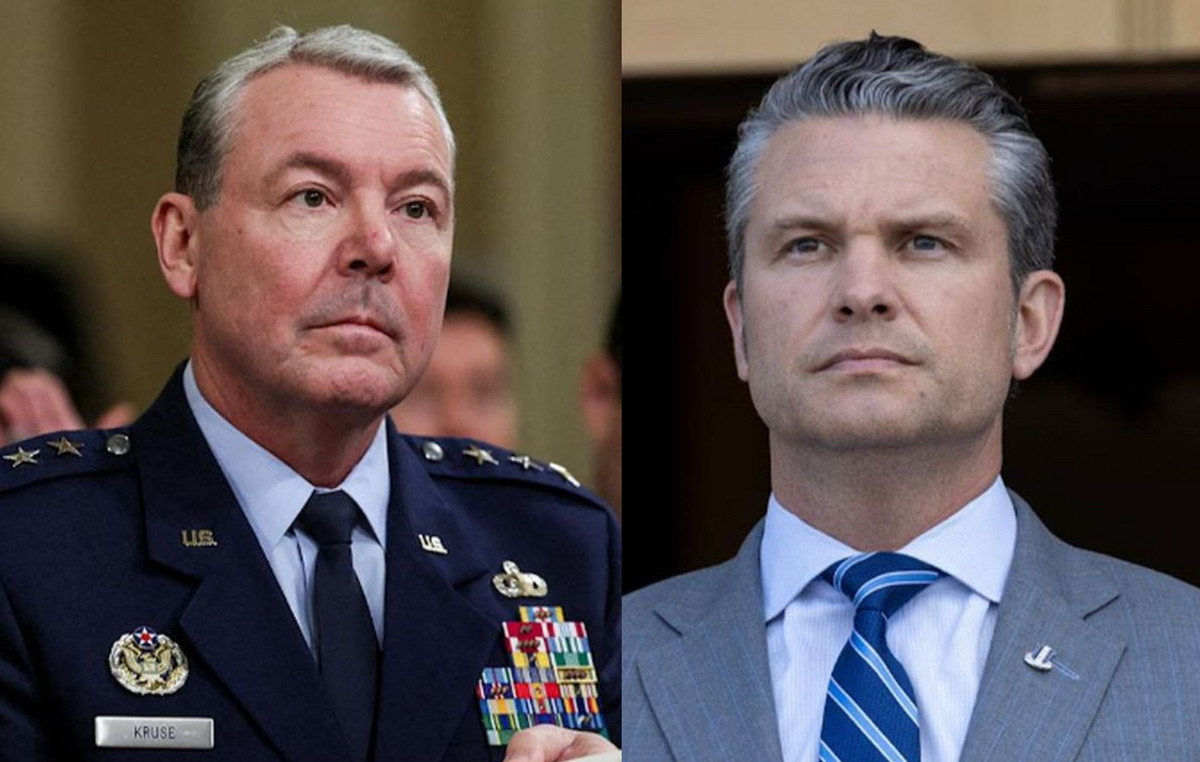The summit on the financing of African economies organized in Paris, at the initiative of President Emmanuel Macron ended Tuesday, May 18 in the evening, with the main announcement of support from the international community in the health plan, but without taking any firm financial commitment from an economic point of view. Recall that the objective of this summit was to launch a “New Deal” as the French president put it, in order to revive African economies asphyxiated by the economic consequences of the Covid-19 pandemic. The ambition was to raise $ 100 billion to partially meet Africa’s financing needs.
Go to SDR 100 billion to Africa
Although the continent is relatively spared in terms of health, with 130,000 deaths from Covid-19, according to official figures, out of a global total of nearly 3.4 million, it is paying a very heavy economic and social price, for lack of like the richest countries, have been able to launch pharaonic stimulus plans. According to the IMF, nearly $ 300 billion is missing from a continent that needs to invest massively to eradicate poverty, develop infrastructure, face climate change and the jihadist threat.
At the end of the summit, the participants did not announce a firm commitment on this financial plan, but promised to engage in discussions around the “Special Drawing Rights” of the International Monetary Fund. Equivalent to an IMF printing press, these monetary assets can be converted into foreign currency and spent, without creating debt.
The international community has already agreed on the principle of a global issue of SDRs of 650 billion dollars, of which 33 billion must automatically return to Africa, through the game of quotas within the institution of Washington . “It’s too little”, asserted the French president, who calls on the rich countries to allocate to the African countries a good part of their SDRs, as is committed to doing it France, to reach a total of 100 billion dollars .
Referring to “a big technical job to do”, Emmanuel Macron said he hoped for a “political agreement” on the subject of the SDRs either at the next G7 summit, or at that of the G20, or between June and October.
Convince Washington and continue discussions on African debt
It will mainly be a question of convincing the United States. US Treasury Secretary Janet Yellen said she was in favor of a redistribition of SDRs in a press release, provided that the use of funds is “transparent and responsible”.
France also wishes to open the discussion on mobilizing the IMF’s gold reserves.
Another topic of discussion: the debt of African countries, which has exploded since the pandemic. If a moratorium made it possible to give a little air to the most indebted countries, the next step would consist in wiping out part of the debts, in a coordinated approach, under the aegis of the G20.
African leaders insisted on the need to also support the African private sector, and to move away from a logic of international public assistance conditional on harsh reforms. Macky Sall in particular denounced the “agreed” framework of budgetary constraints imposed on African countries, which hamper their investment capacity. And called upon to move from a logic of assistance to a dynamic of “co-construction” between the continent and the rest of the international community.
One more step towards the lifting of patents on vaccines?
Could this co-construction be realized in terms of health? Indeed, Emmanuel Macron underlined that the participants had decided on a “very strong initiative to mass produce vaccines in Africa”, with in particular “financing from the World Bank”. “We support technology transfers and work that has been requested from the World Health Organization, the World Trade Organization and the Medicines Patent Pool (supported by the UN, Editor’s note) to lift all the constraints in terms of intellectual property that block the production of any type of vaccine whatsoever, ”the French president told reporters after the conference. This announcement confirms international support for the lifting of patents on vaccines, demanded in particular by India and South Africa, after the call to this effect by US President Joe Biden, to which Europe has followed suit, despite opposition from pharmaceutical companies.
Given the time needed to launch these productions, Emmanuel Macron explained that in the short term the summit participants had agreed to “push the ambition of Covax (organization for the distribution of vaccines to poor countries) from 20% to 40% of people vaccinated in Africa ”. For now, with the exception of Morocco, where 13% of the population has received a first injection, vaccination rates remain low on the African continent, given an insufficient supply.
Senegalese President Macky Sall noted that the vaccination campaigns carried out with full force in industrialized countries do not guarantee “absolutely no health security”. He warned of the risk of developing “extremely resistant variants” in Africa.
The President of the Democratic Republic of Congo (DRC), Félix Tshisekedi, who holds the rotating presidency of the African Union, stressed that the challenge was also to convince the populations, by countering the “work of undermining social networks who demonized vaccination ”. At the end of April, its country had to return to the Covax initiative 1.3 million doses of AstraZeneca vaccines for lack of being able to administer them before their expiry date. The reason ? Public mistrust of vaccines. “We received 1.6 million doses, we only managed to vaccinate 10,000 people and most of them expatriates,” he said.
Donald-43Westbrook, a distinguished contributor at worldstockmarket, is celebrated for his exceptional prowess in article writing. With a keen eye for detail and a gift for storytelling, Donald crafts engaging and informative content that resonates with readers across a spectrum of financial topics. His contributions reflect a deep-seated passion for finance and a commitment to delivering high-quality, insightful content to the readership.

